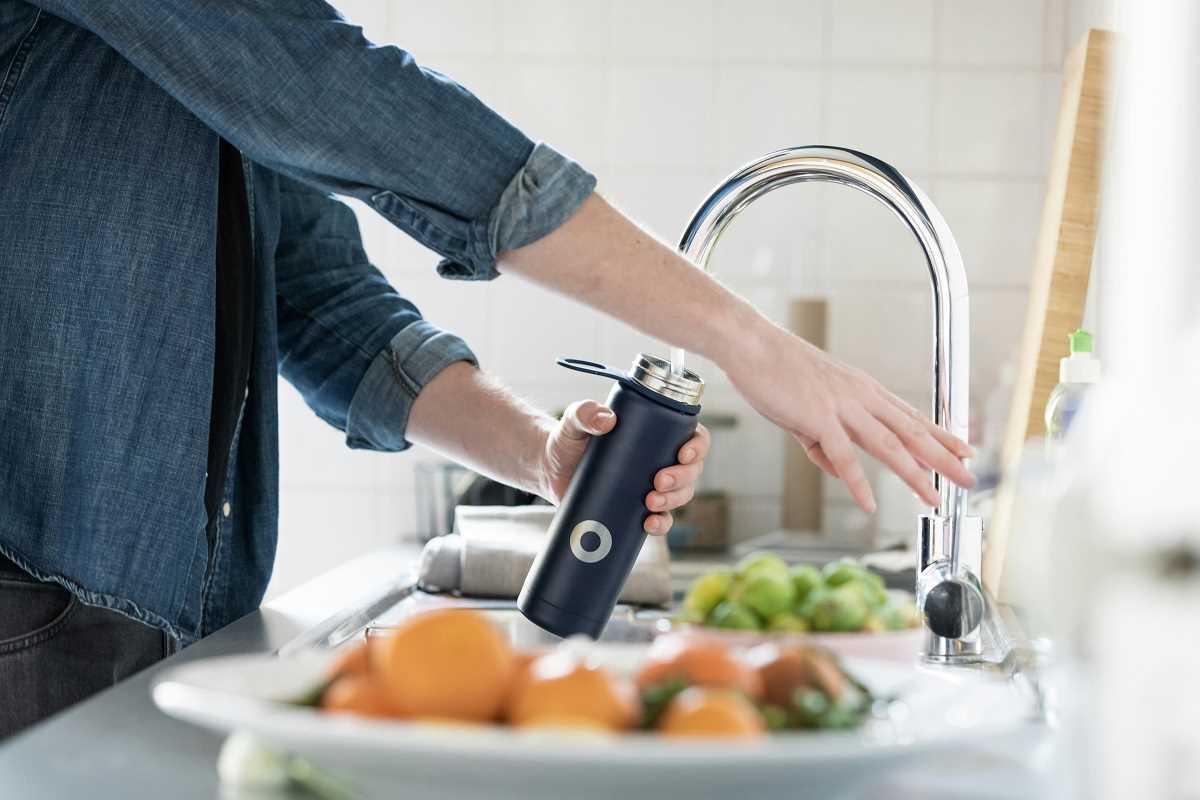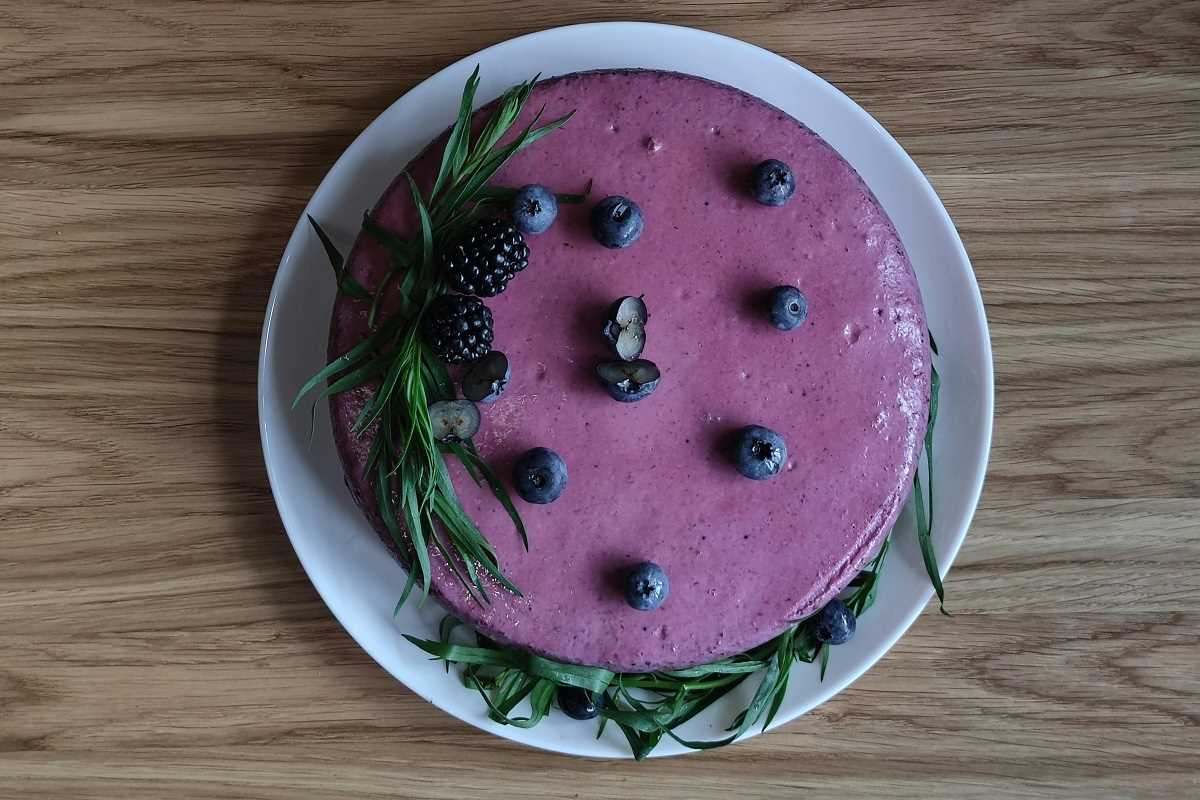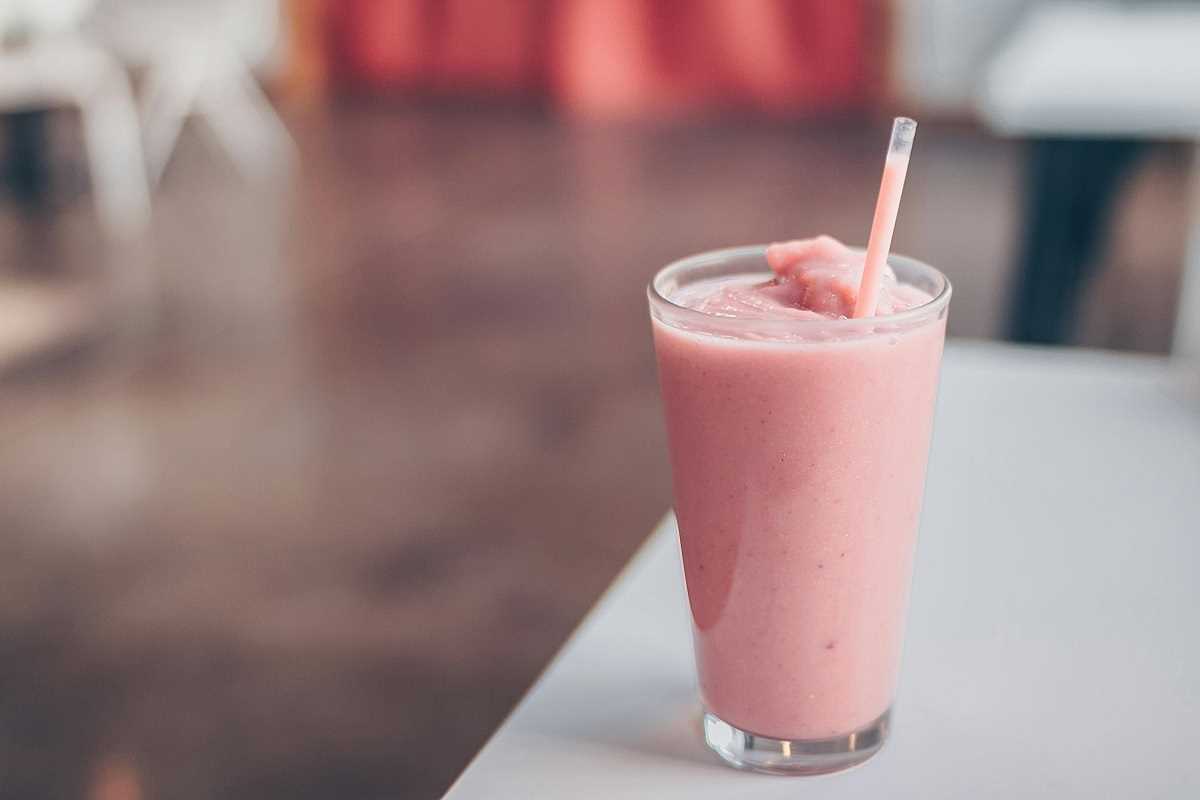Water is the elixir of life, essential for every cell, tissue, and organ in our bodies. It plays a critical role in maintaining bodily functions, including regulating temperature, lubricating joints, and aiding digestion. Despite its importance, many people struggle with knowing exactly how much water they should consume daily to maintain optimal health.
The Importance of Hydration
Hydration is crucial for the body's overall function. Water is blood's main component, transports nutrients and oxygen to cells while removing waste. It also helps maintain the balance of bodily fluids, supports metabolic processes, and is vital for temperature regulation through sweating.
Factors Influencing Water Needs
How much water an individual needs can vary based on several factors:
- Age: Children and older adults may have different hydration needs. Children are more active and may need more fluids, while older adults may have diminished thirst perception.
- Activity Level: Those who engage in physical activity need more water to compensate for fluid loss through sweat.
- Climate: Hot and humid weather increases perspiration, necessitating greater water intake.
- Health Conditions: Certain health issues, such as kidney stones or urinary tract infections, may require increased water consumption.
Benefits of Proper Hydration
- Improved Energy Levels: Dehydration can lead to fatigue and lethargy. Staying hydrated helps maintain energy levels and enhance overall physical endurance.
- Cognitive Function: Adequate hydration is linked to better concentration, alertness, and short-term memory.
- Physical Performance: Proper hydration is essential for athletes as it helps maintain peak performance by regulating body temperature and lubricating joints.
Debunking Myths: The '8x8 Rule'
A common myth is the '8x8 rule', which suggests drinking eight 8-ounce glasses of water a day. While a good starting point, individual needs may vary. Factors such as diet (foods with high water content), lifestyle, and personal health should be considered.
Practical Tips for Staying Hydrated
- Set Reminders: Use alarms or apps to remind you to drink water at regular intervals throughout the day.
- Eat Water-Rich Foods: Incorporate fruits and vegetables like cucumbers, watermelon, and oranges into your diet, as they contain high water content.
- Carry a Water Bottle: Having a reusable water bottle ensures you always have access to water whether you're at work, home, or on the go.
- Listen to Your Body: Pay attention to signs of dehydration such as dry mouth, headaches, and dark urine, and adjust your water intake accordingly.
A Balanced View on Hydration
While staying hydrated is essential, listening to your body's needs is equally important. Overconsumption of water, though rare, can lead to water intoxication. Striking a balance is key. By understanding your hydration needs and adopting practical strategies to meet them, you can effectively support your body's health and well-being.
In conclusion, water is fundamental to maintaining a healthy lifestyle. By being mindful of your hydration habits and making adjustments based on your personal circumstances, you can ensure that you meet your body's needs and enjoy the numerous benefits of proper hydration.







